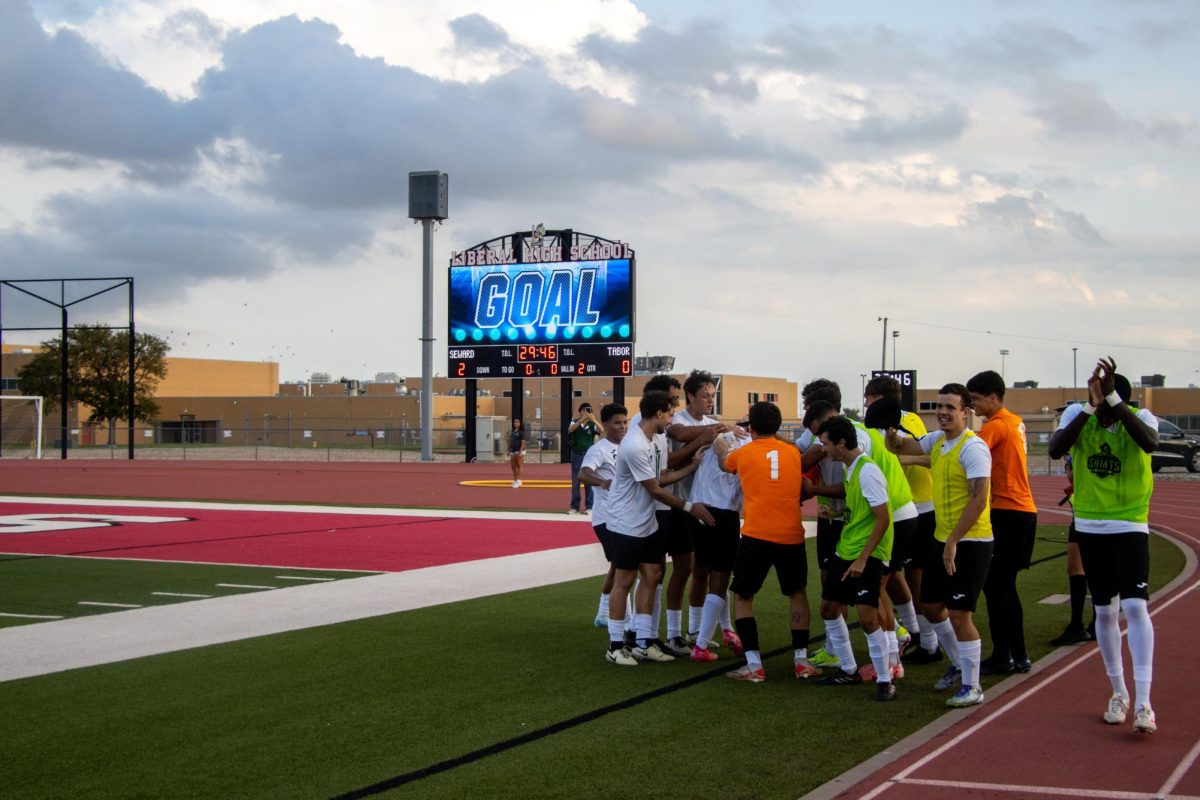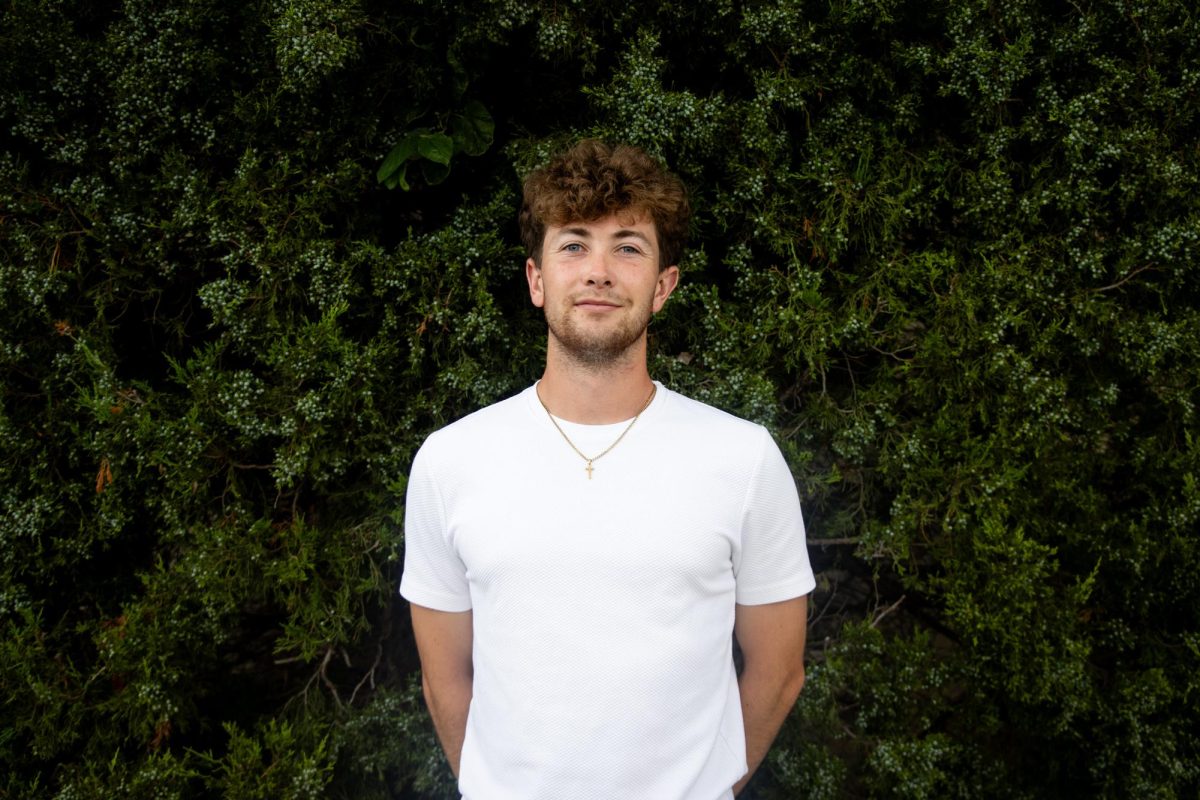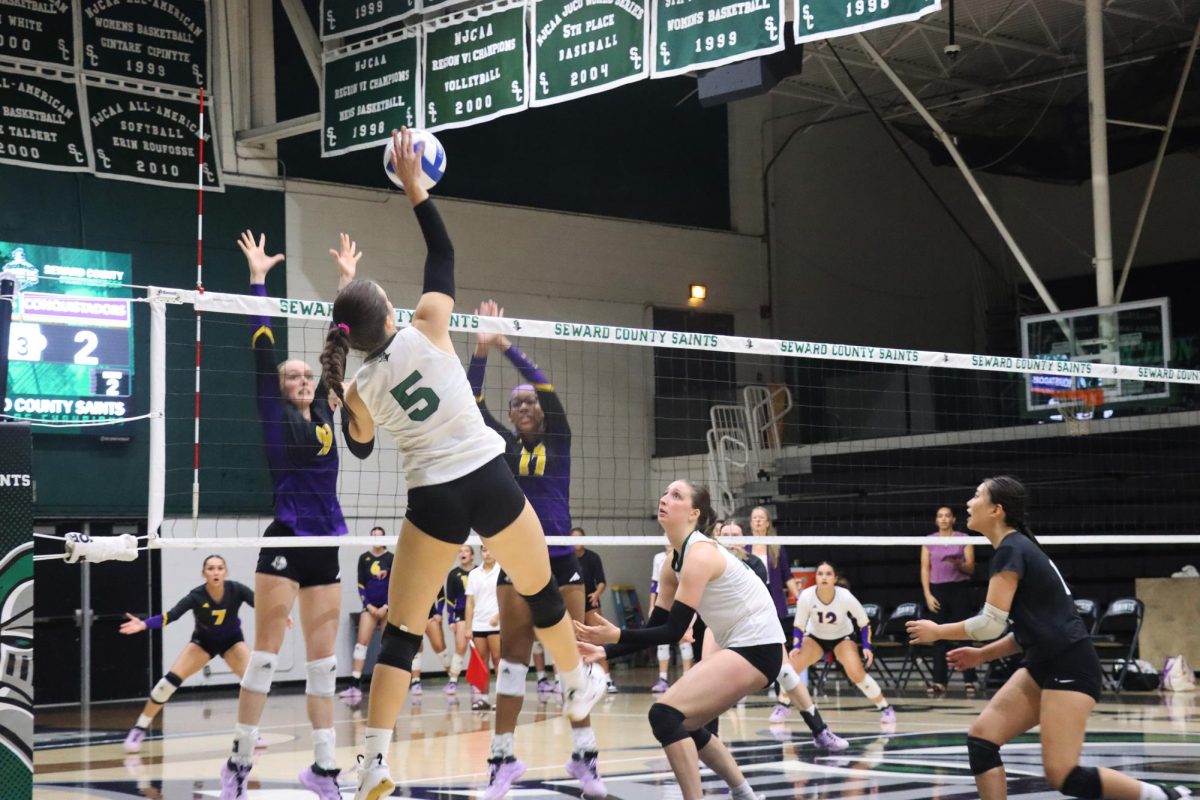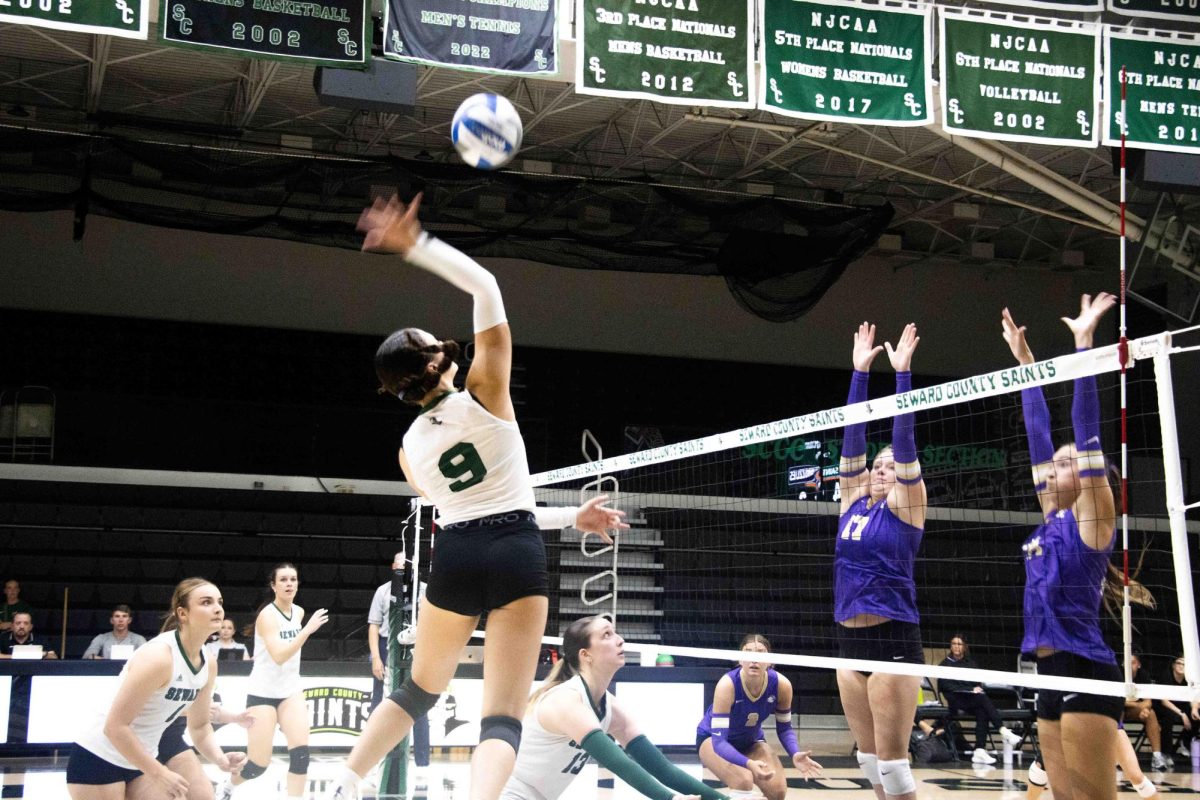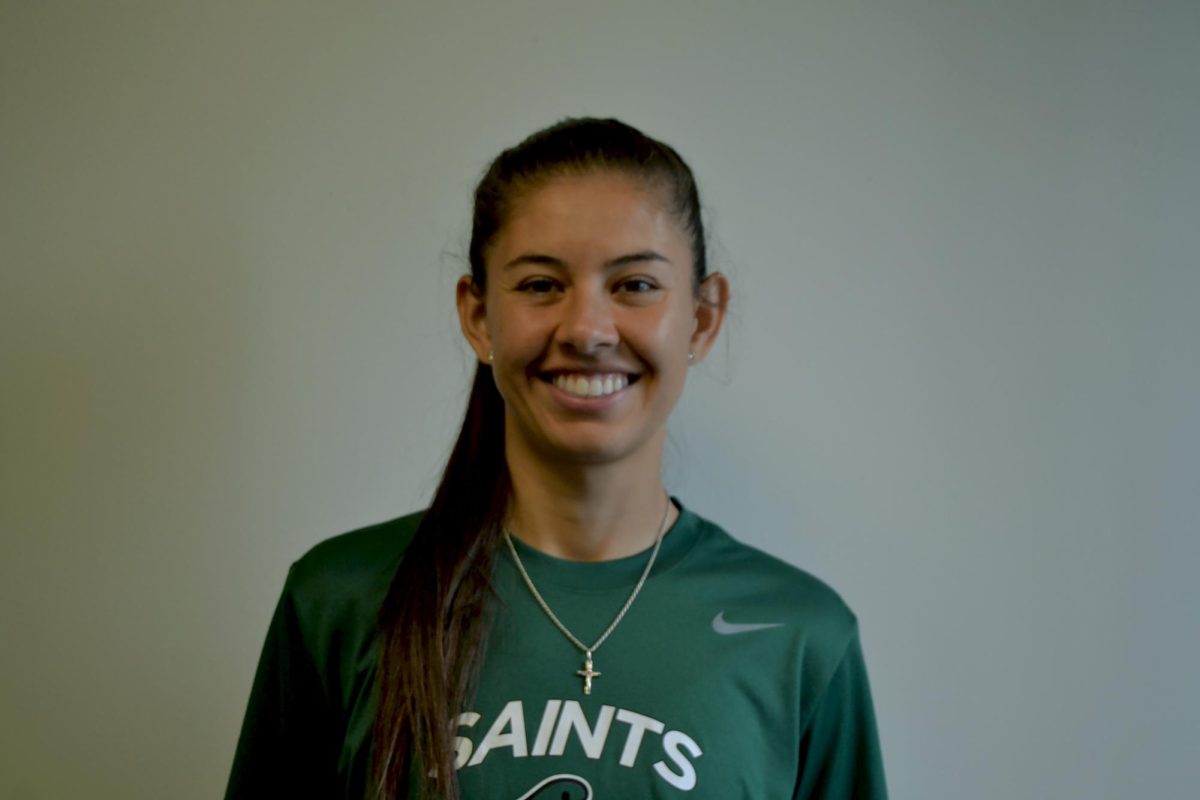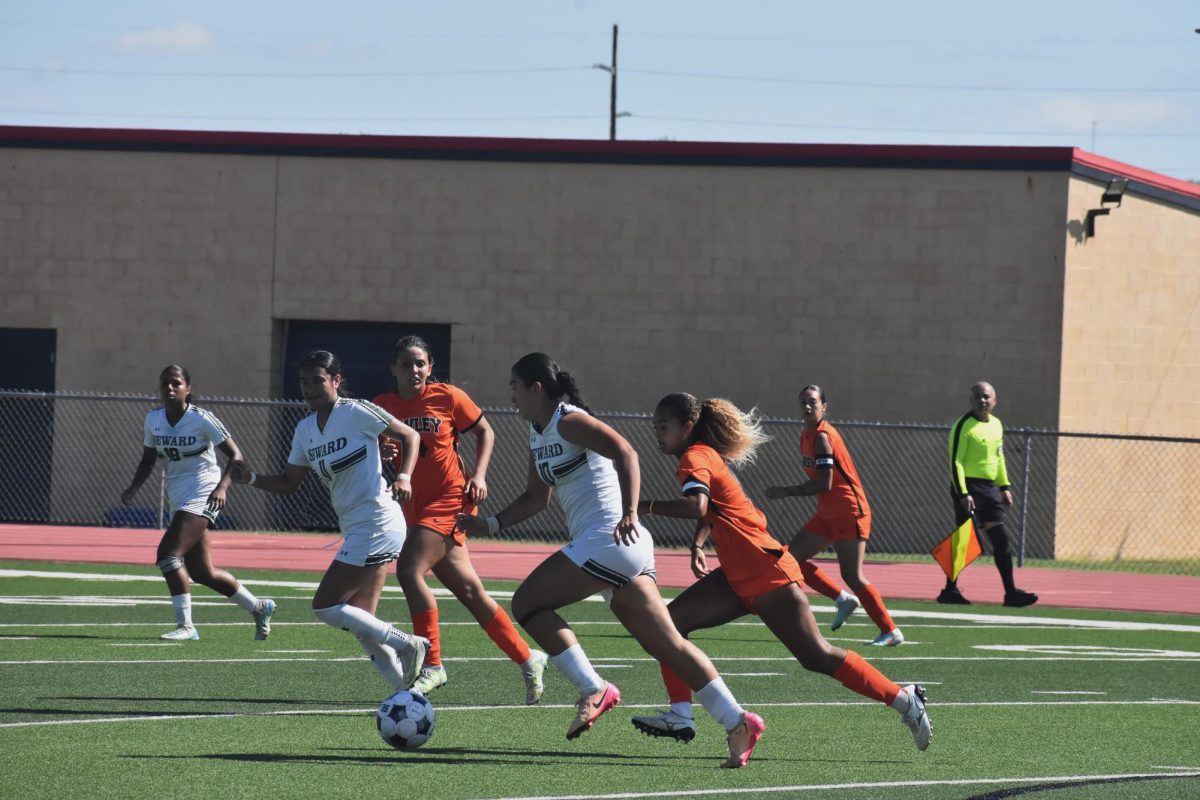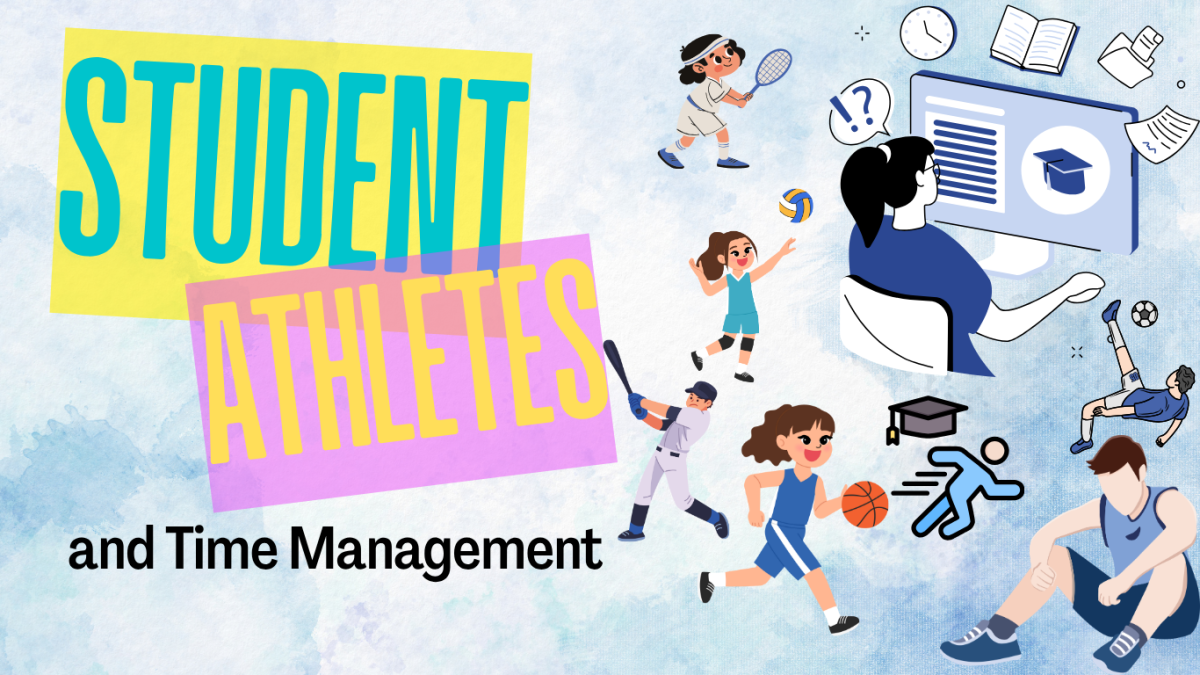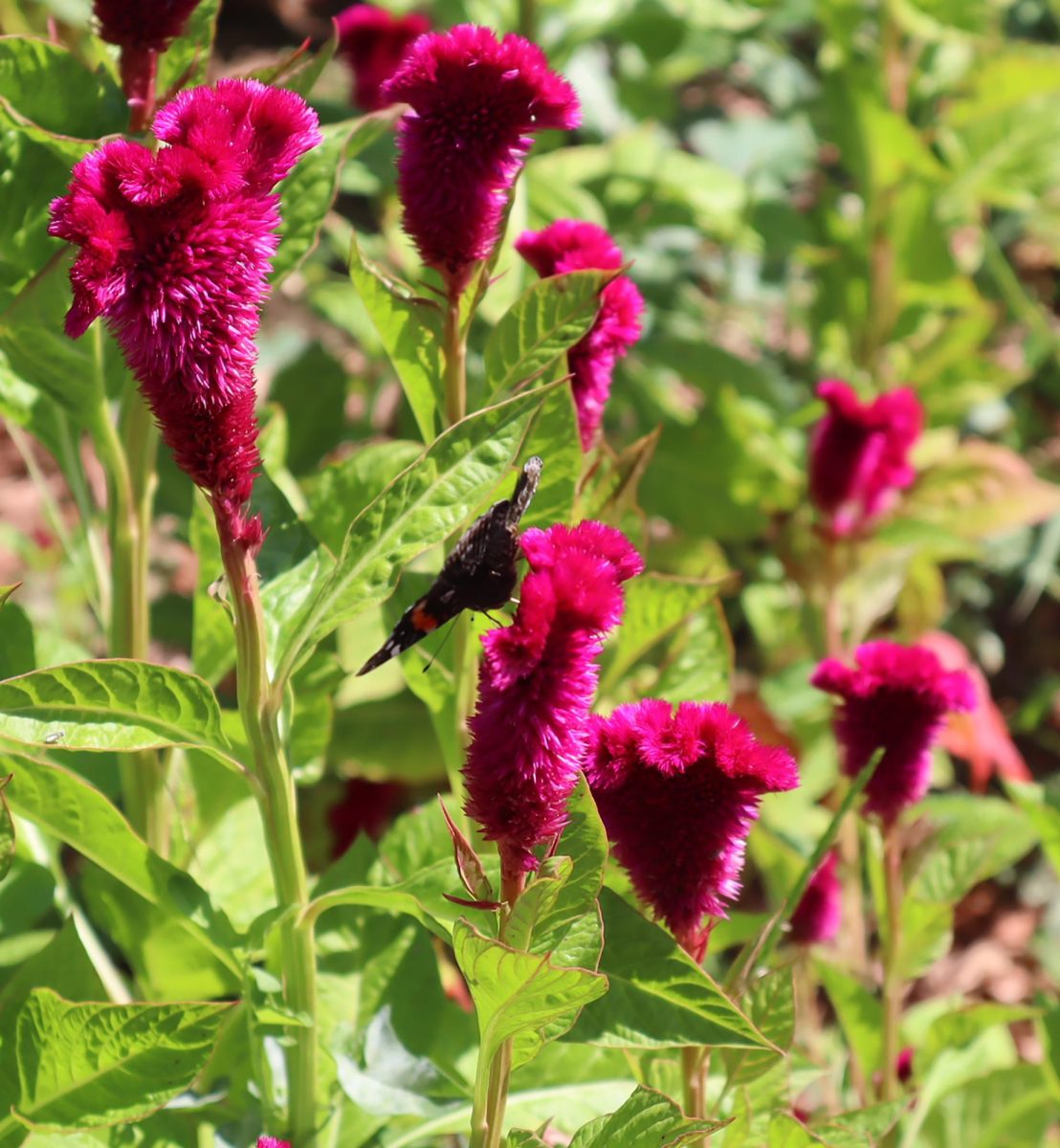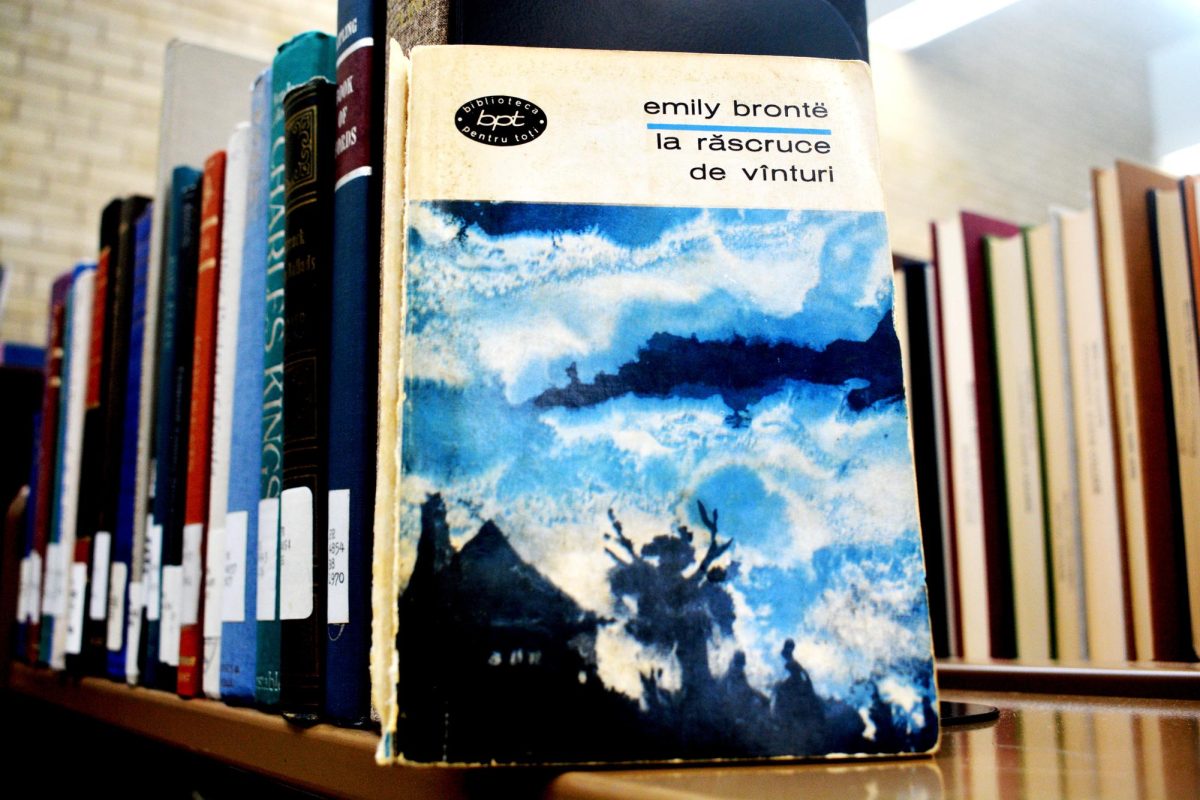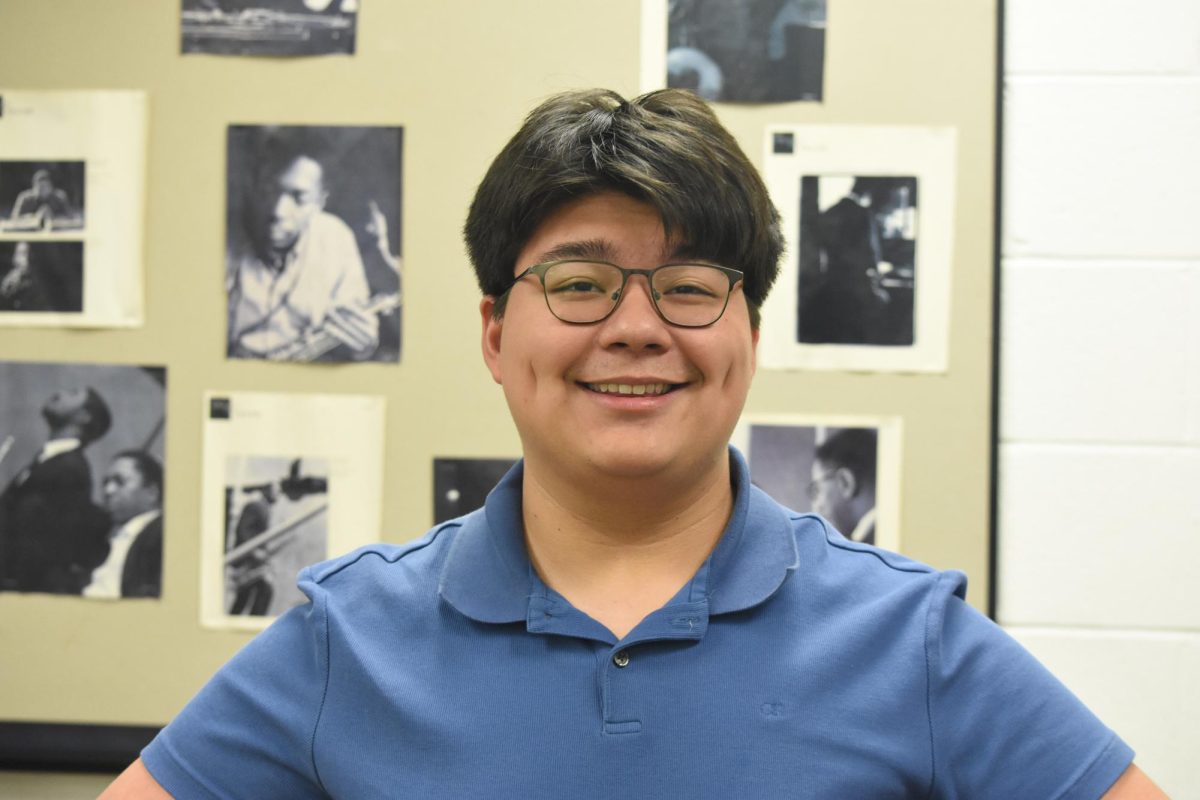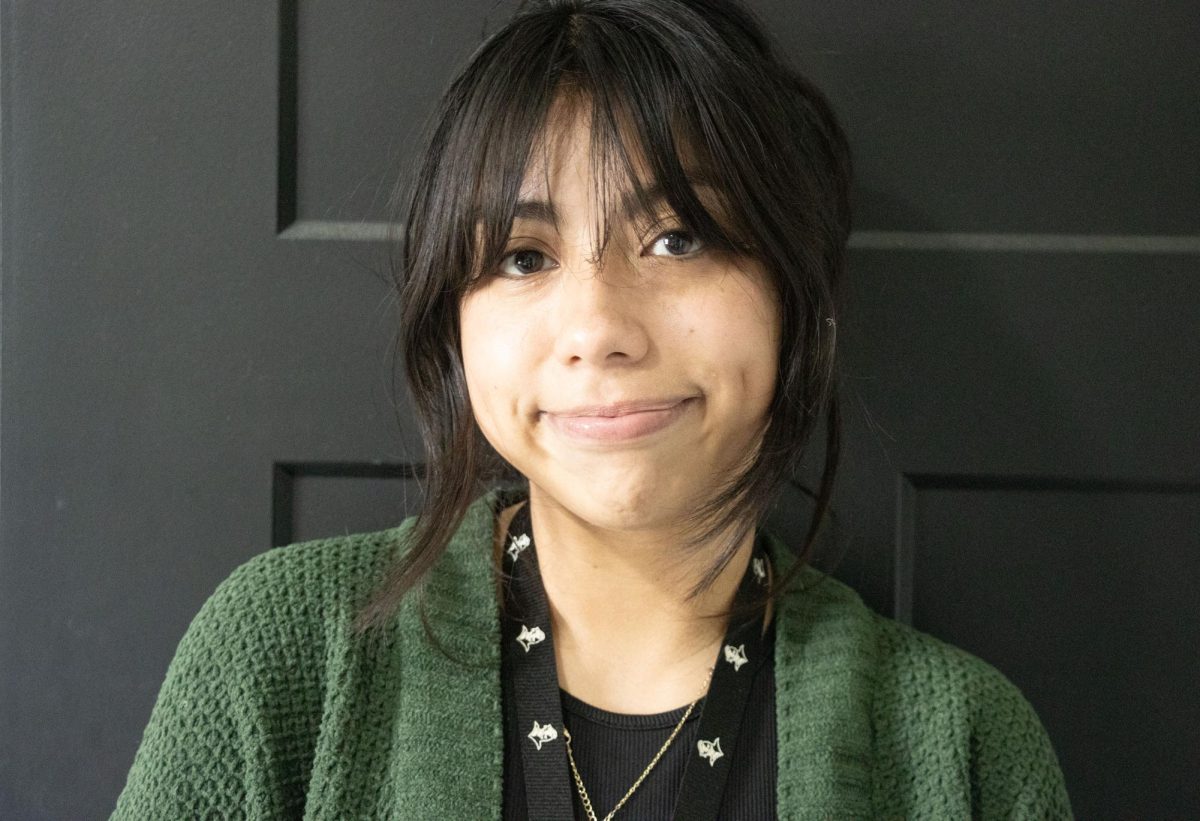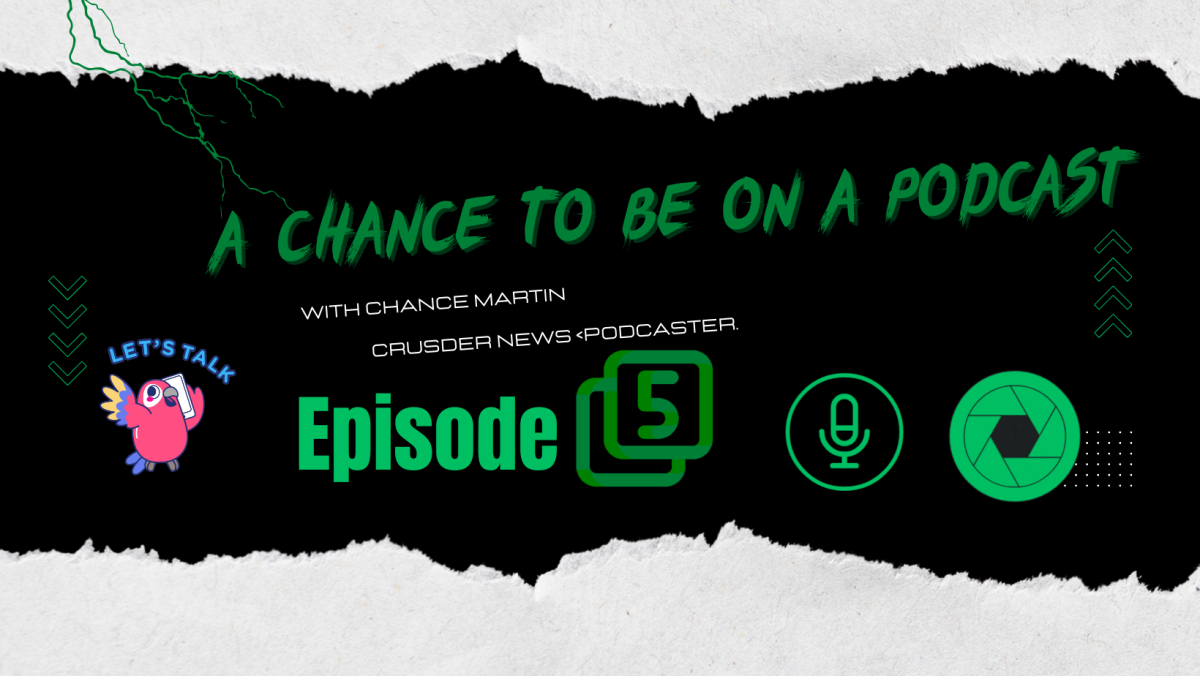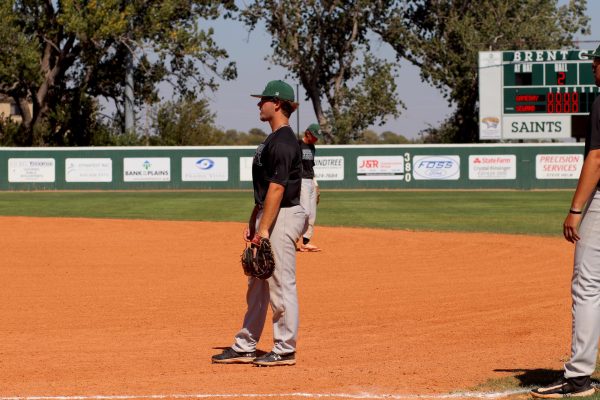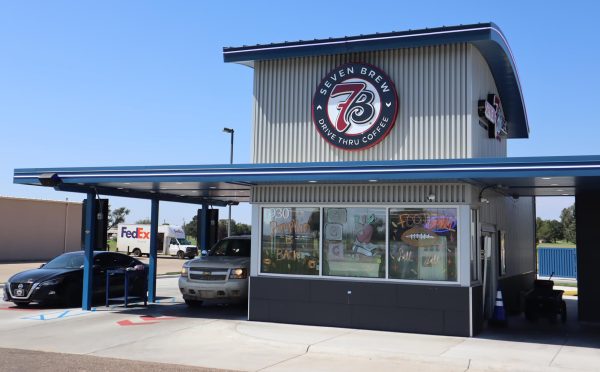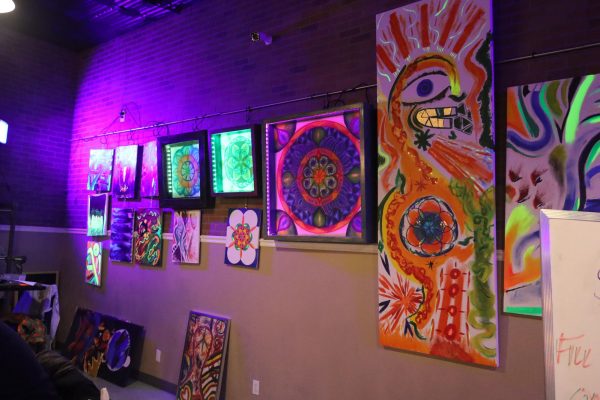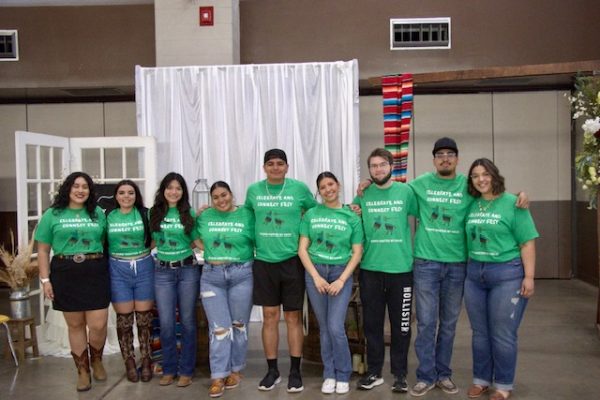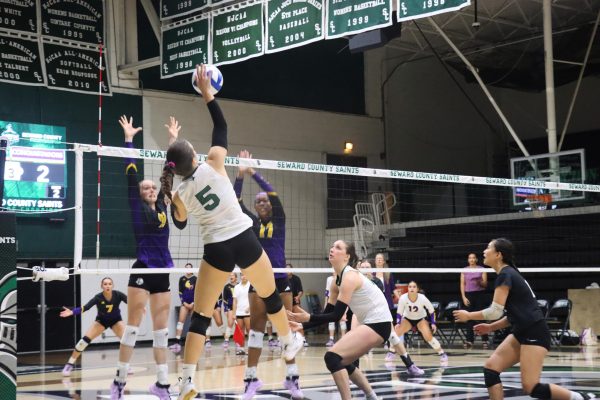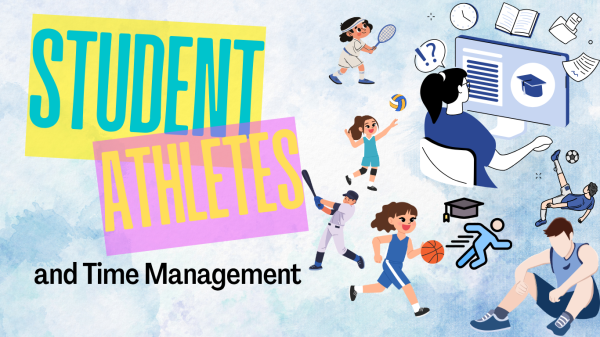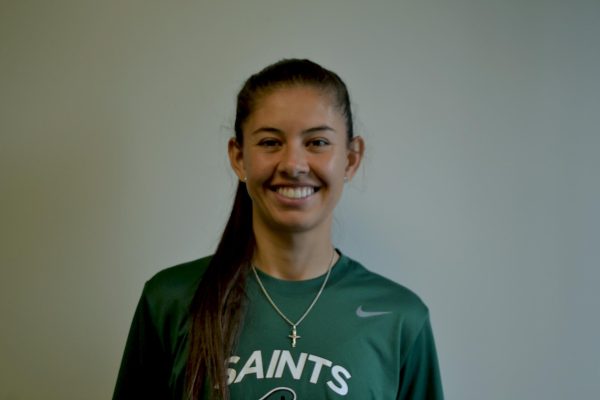Local residents enlighten students for Black History Month
Seward County Community College celebrates Black History Month by hosting the “Conversations on Race: History & Future” in the library. Three local speakers, Ivanhoe Love Jr., Autry Coleman and Kerri Miles share their stories on what it is like to be an African-American.
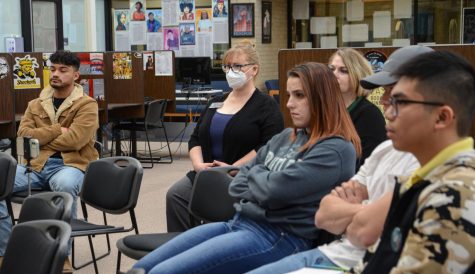
Ivanhoe Love Jr., a retired U.S. Army Command Sergeant Major and the Director of Adolescent Support Services, discussed his experience in the military. As a U.S Army Command Sergeant Major, Love is considered to be one of, if not, the highest ranks in the military. He has served for 30 years from 19961-1991. In his presentation, he shared his experiences in the military and serving during the Vietnam War.
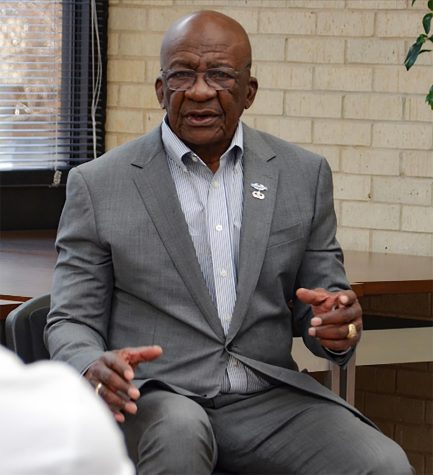
From a young age, he experienced racial discrimination, such as the time his mother could not try on a piece of undergarment at the store. Rather, she had to buy the undergarment, try it on at home and then decide if she wanted to keep it or not. At the age of 17, Love joined the military and was eventually shipped to fight in the Vietnam War. He described himself as a “team leader” with his group and a “well-trained fighter.”
While serving in the Vietnam War, Love recalled being singled out to do the more difficult tasks than his teammates. He felt that racial discrimination “reared its ugly head again,” except this time, it was in his line of duty. As the Vietnam War was coming to an end, questions on whether the United States had any business in another country led to the 1967 Detroit Riots. When Love got off the airplane, people immediately called him and his teammates “baby killers.” Love even talked about how a woman threw a cup of urine at him.
Today, Love is no longer a fighter but a helper. He briefly mentions how he is part of the Liberal Rotarian Club. Love and his fellow members provide clean water for many people. Love leaves the audience with a message before ending his speech, as the people of this country “should not be compliant” with racial injustice as “you are also part of the problem.”
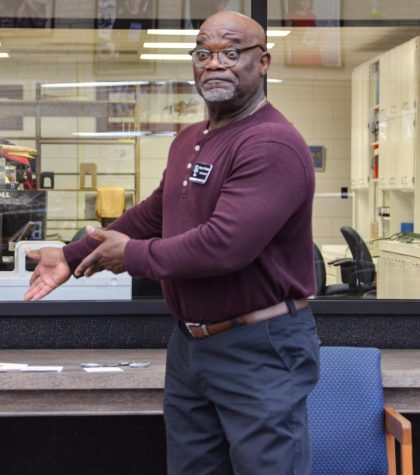
Autry Coleman, the Corrosion Technology instructor at SCCC, reminisced about his childhood stories attending an all-black school. Coleman talked about only having three teachers throughout his early years of education. He felt that he belonged in this type of schooling. He shared a laugh with the audience about seeing the same teacher every year and that “God was following him.” He also noted that his school was extremely focused on education. For instance, when Coleman was sick, his grade dropped from an A to a B. His coach was immediately there to support him.
When he integrated into a school with white students during junior high, Coleman immediately felt unwelcomed. In fact, one of his teachers said that “his people were lazy,” which absolutely broke his heart. He was not given a chance to prove himself. As a result, he ended up passing her English class with an A, despite having F’s in all other classes. In the end, his teacher apologized to him and even cried in front of him. It was at that moment that Coleman realized that “she was a human too.” Coleman’s final message to the audience was “In order to learn, you have to be uncomfortable.”
Kerri Miles is the athletics director at Liberal High School. Miles attended K-State University and subsequently received a Masters at Fort Hays State University. He brought a different perspective at the 9 a.m. session about being one of the only black athletics directors. He has always been a man of action, not words.
Andrea Tribble, a psychology major and current member of the Lady Saints Basketball team, is collecting questions from students for her podcast titled, “Rooted: The Podcast,” which is available on Spotify. In her podcast, Tribble focuses on “having authentic conversations that highlight both the joys and pains of the healing journey.”
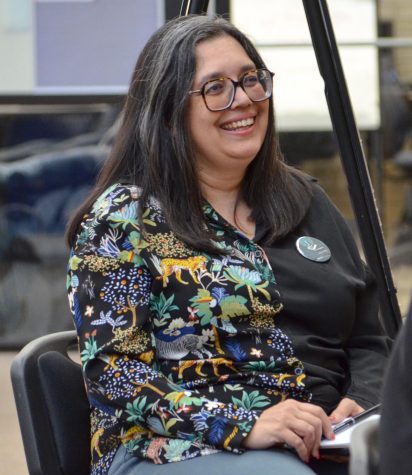
Students can leave their questions in the comment box near the entrance of the library.
There are various people of all different cultures at SCCC.
“It is important to have these conversations that no one wants to have. It is important to understand how close we are to history, “ said Rachel Coleman,
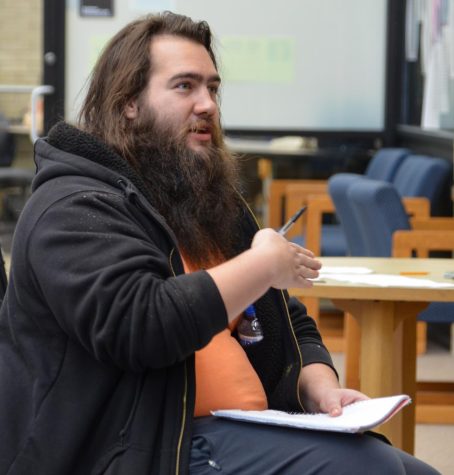
Mike McComack’s, a sophomore secondary education major, biggest takeaway from today’s presentations was “context during the ’60s and ’70s for black people.”
“Learning history is important in general, but I never really had any first-hand experiences. It was easier to feel the emotions [in today’s presentations],” said McComack.
Jaxon Rio, a freshman pre-engineering major, also shared similar opinions. His biggest takeaway is “to always search for the truth whether it is good or bad.”
Rio said, “To be a successful generation, we must accept our past and be more inclusive. In general, with these presentations, people can see change.”
Annette Hackbarth-Onson, the dean of student success and enrollment, saw “how much we need to do this.” She already knew much of the history but “it was reinforced today.” Her biggest takeaway from these presentations is “how valuable our history is and how our history is oral. Every community has a strength.”
Onson further adds, “We live with our perspectives. We live with our own biases and challenges. When we put them in our shoes, there’s a breath and depth in the individual and how it affects them.”
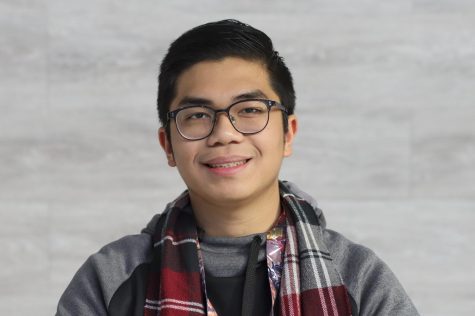
Melvin Le is a 19-year old sophomore majoring in pharmacy. Born and raised in Liberal, he is the only child of two Vietnamese...
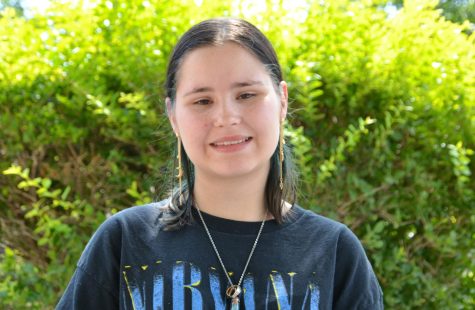
Brianna Rich is a 20-year-old sophomore majoring in journalism. Rich is very excited about starting a new semester and can...



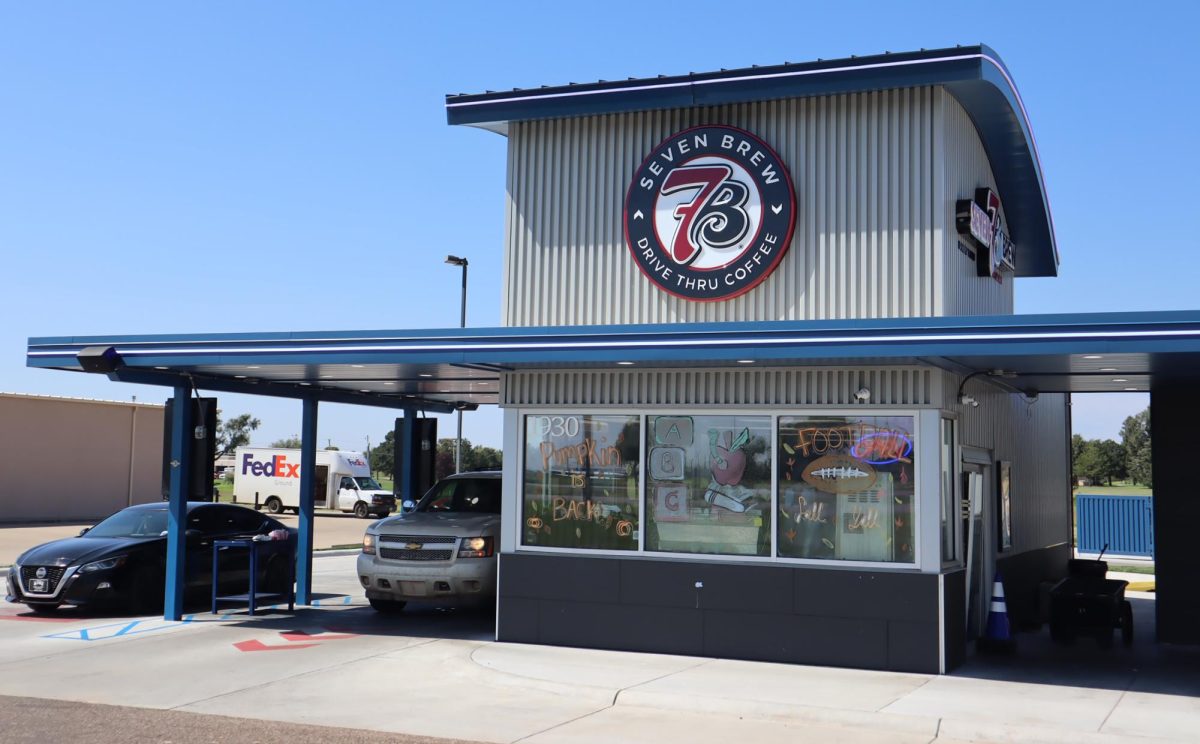
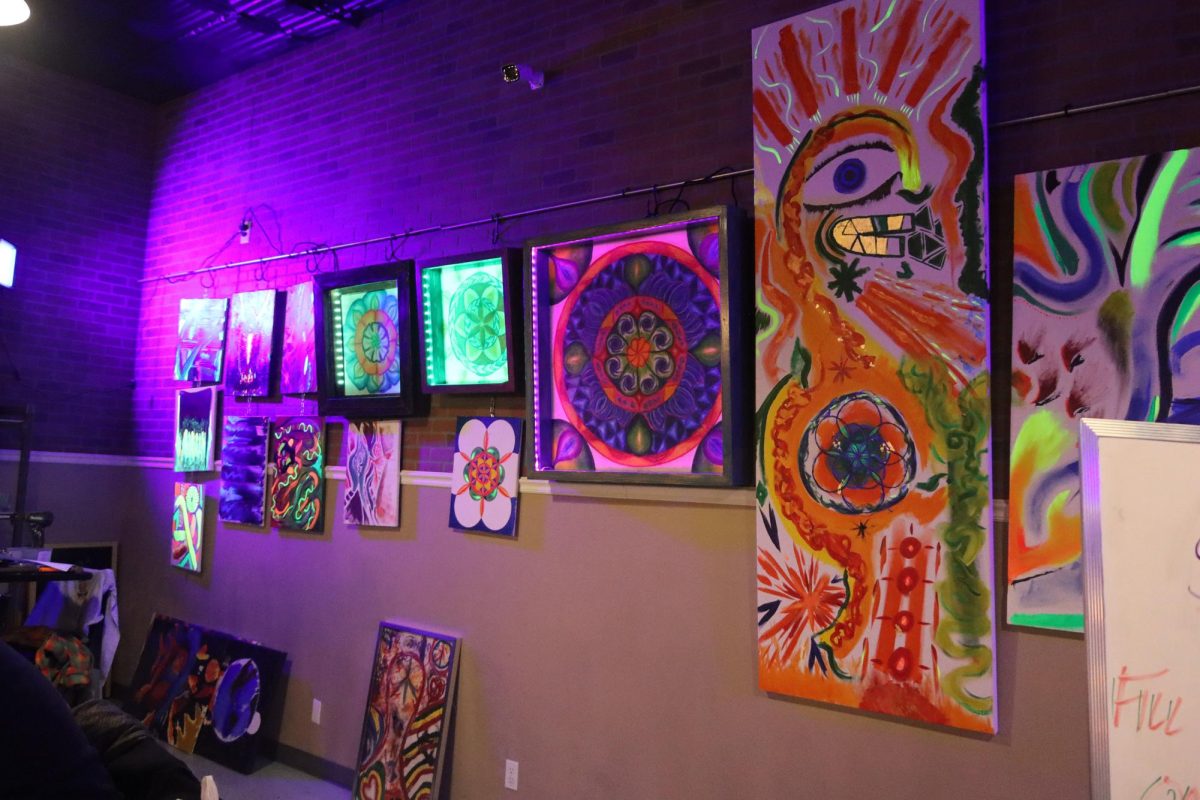









![The sophomores were recognized on the field instead of walking across the stage during their doubleheader. They received their diplomas and a picture of themselves playing during their career at Seward. [Pictured left to right are Dylan Day, Reed Thomas, Jase Schneider, Mason Martinez, Gannon Hardin, Brody Boisvert, and Zach Walker]](https://crusadernews.com/wp-content/uploads/2022/05/WEBDSC_0275-900x454.jpg)





